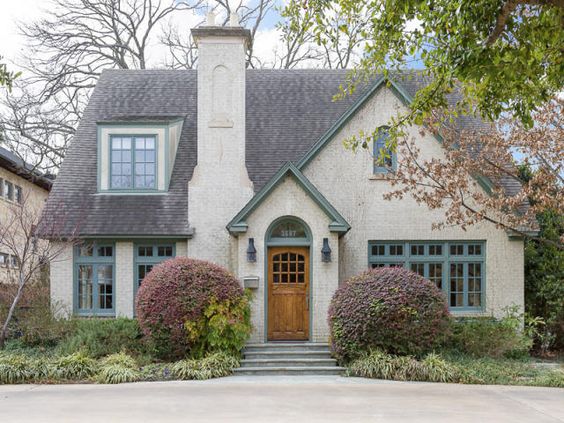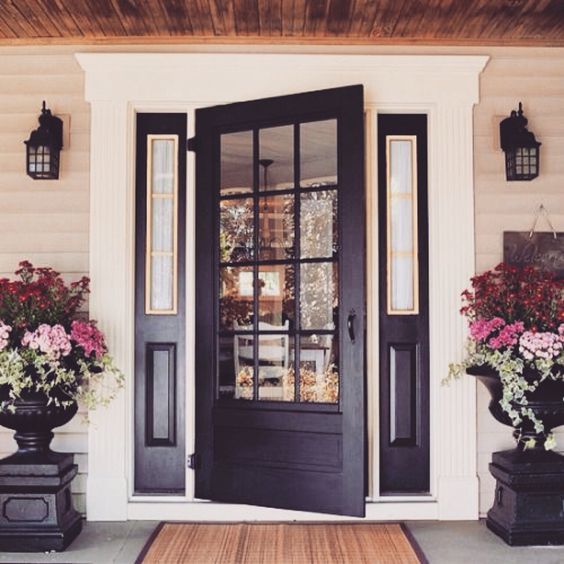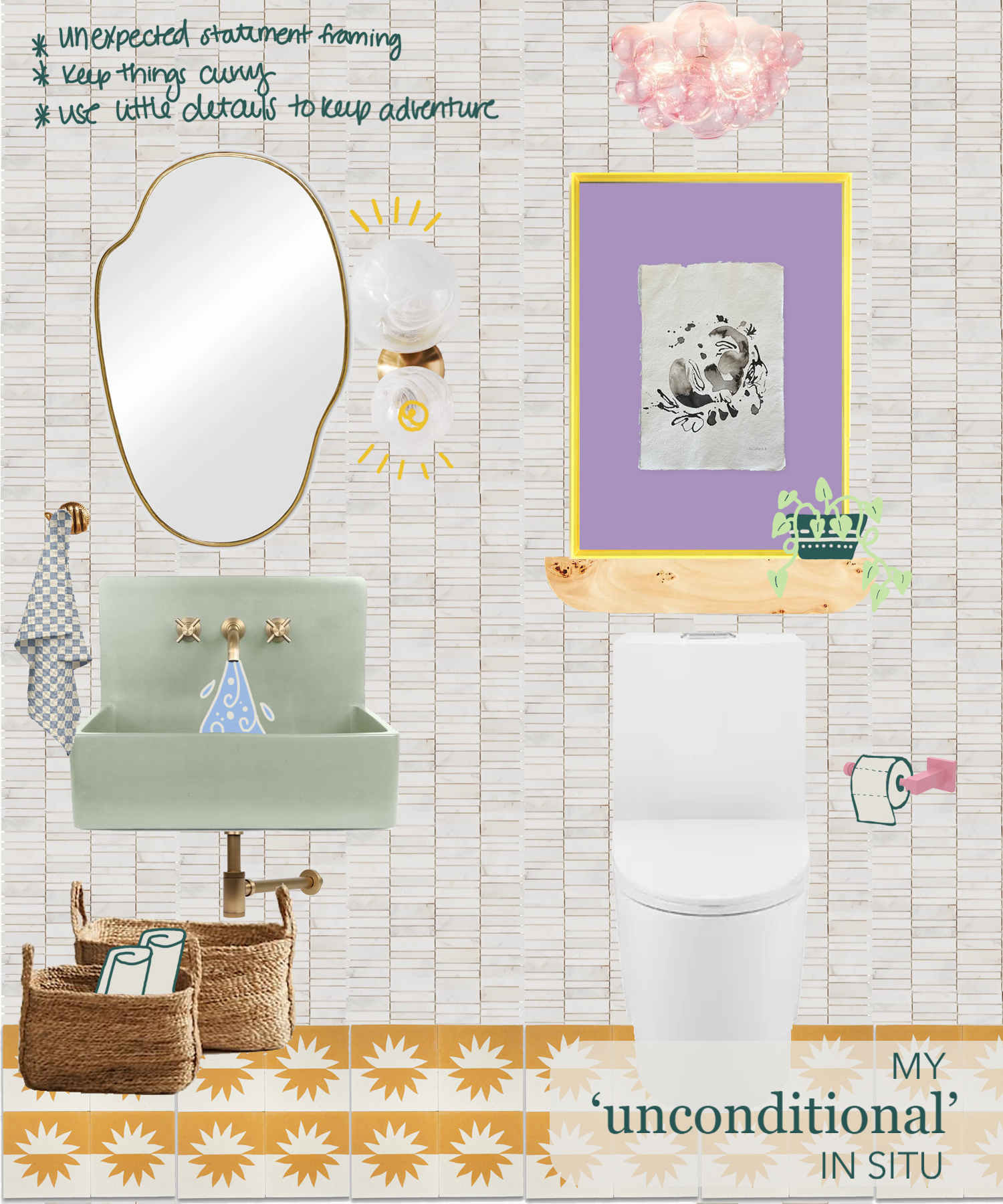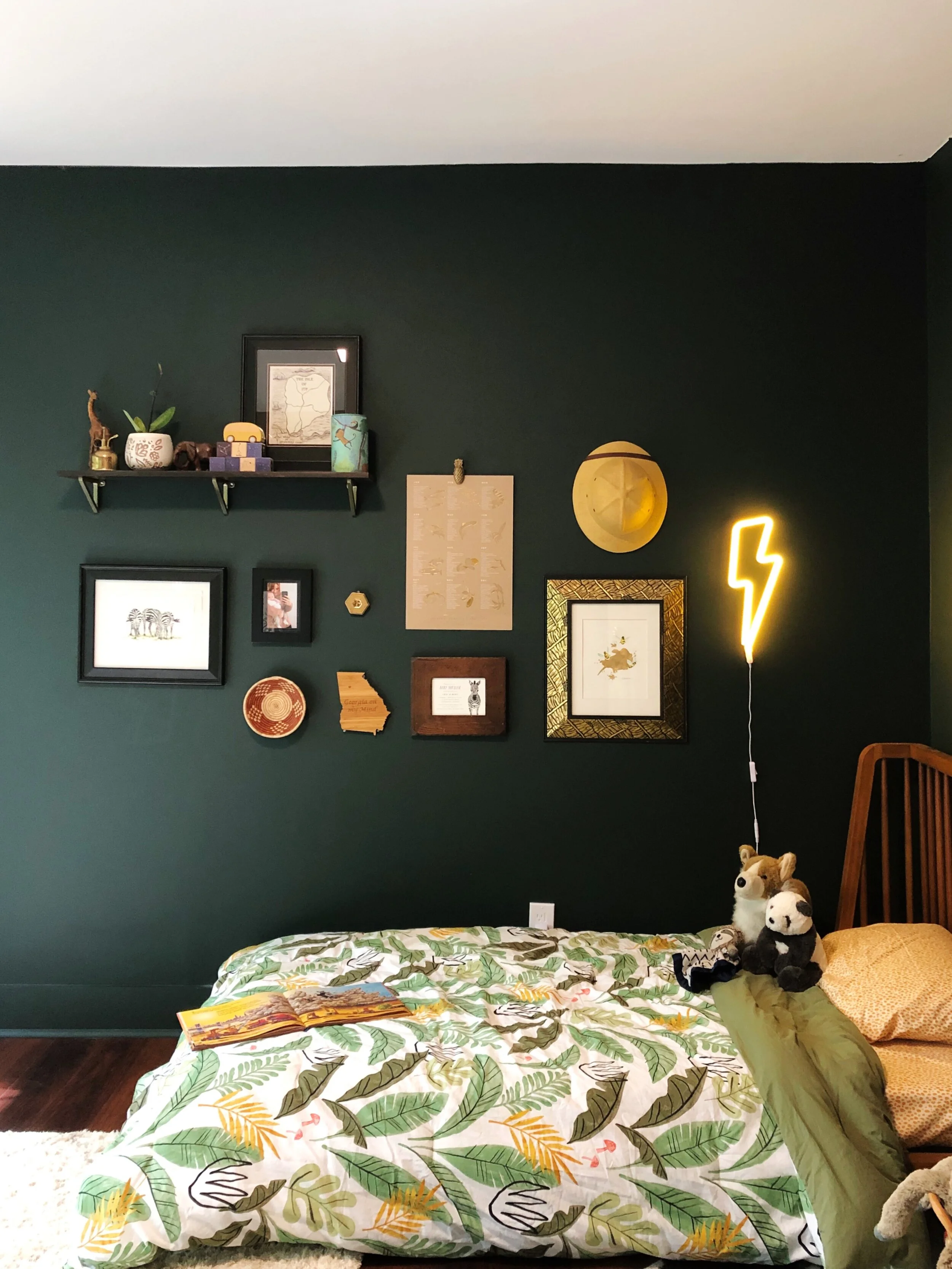adulting, considerations when buying your first home // part 2
foreword // earlier this week i met with Kallen Deck, an incredible Atlanta Realtor, to discuss where to begin when considering buying your first home. in part 1, she discussed how to tell if you're ready, how to select an agent and how to choose a location. part 2 will cover everything money - this topic is most stressful to me and found Kallen's advice incredibly helpful. the final piece of this 3-part series will talk about wishlists versus reality.
this series is very near and dear to my heart since Jas and i have been toying with the idea of buying our first home. if you missed the previous post, be sure to take a look before diving into today's and keep watching for the final piece of the puzzle. so take my hand and let's go house hunting!
lexi (l): so i've decided i'm ready to buy a home, i've interviewed and chosen an agent and i know the area i want to be in. how the heck can i tell if i'm financially ready for such a major purchase?
kallen (k): you should be able to spend 20-35% maximum of your take home pay on housing expenses. ideally, it's more like 15-20%. also know that you'll get better rates with a higher credit score. but don't let your low credit score trick you into think you can't buy a house!
there are a number of legitimate and stable loan providers available to borrows with average to low credit. ask a reputable lender about your specific options. if you want to take time to boost credit, make sure to always pay bills on time and never miss a payment, don't close lines of credit that you're not using and keep your balance low on active accounts. check your score to make sure it's accurate and take the time to dispute any questionable items.
the amount of money you've managed to save is also a consideration. not only will you want to provide a healthy down payment on your home, but you want to get into a financial rhythm where you're actively saving and keeping a reserve for unexpected repairs or purchases. discipline is important - before you seriously consider buying a house, try to go on a budget for a few months. can you actually stick to it instead of blowing your money on meals out with friends or new clothes? If not, you may not be ready for the responsibility of owning a home.
also think about your financial future - do you plan on going to graduate school or take on a car loan in the next few years? can you afford the extra payments in addition to your mortgage? what if you lose your job or become unemployed for a few days, weeks or months? do you have the financial ability to keep up with your mortgage during this time?
and finally, i'm a big believer in learning how to become handy around the house because it will save you thousands a year. are you the type of person who plans on hiring a lawn service, plumber, contractor, electrician, painters, etc. for every single task around the house? well they’re not cheap.
“a client and i almost fainted when we got a quote from an interior painter for $10,000 to paint the walls of her 1,200 square foot house.”
that’s when you bribe a few friends with pizza and beer and all they do it for you one Saturday. if you’re prepared to roll up your sleeves and get on YouTube to figure out how to caulk your tub or get in your crawlspace to turn off the water line to install a new kitchen faucet then you’ll be in better financial shape in the long run than it you rely on paying someone else to do it.
l: loans, mortgage, down payments, property taxes... i am lost with it all. can you explain them a little bit?
k: i'll use a hypothetical situation to help break it down. Emily decides she wants to buy a house and will need to take on a loan because she doesn't have a ton of cash to outright purchase a property. after she reaches out to a Realtor, she gets connected with a lender who determines her creditworthiness to issue a pre-qualification letter which is just a single page document that gives her a ballpark to focus on. she's thrilled that she's pre-qualified for a maximum of $350,000 but her loan officer said that people shouldn't spend more than 20-35% of take-home pay on your housing expenses. Emily is wrapping up her student loan payments but also might need to get a new car in the next year, so once she breaks her finances and debts down with the help of her lender, she realizes she's most comfortable not spending more than $280,000.
her lender says that a 20% down payment is ideal, which would mean she needs to have $56,000. unfortunately that number is a little unrealistic for her, so her lender explains about first-time homebuyer assistance programs and options to put 5% or even 3.5% down. the lender also determines her eligibility for a VA loan (veterans administration loan available to veterans and surviving spouses) an FHA loan (Federal Housing Authority-insured mortgage loan that allows borrowers with average or lower credit scores to put as little as 3.5% down but requires ongoing monthly insurance) and conventional loans (great for buyers with excellent credit and have fixed interest rates and may or may not require private mortgage insurance [PMI] based on how much the borrower is able to provide as a down payment.)
Emily has excellent credit, but not a lot of savings, so her lender qualifies her for a 30-year fixed conventional mortgage requiring 3% down at a fixed 4% interest rate which will never change unless she decides to refinance later in life. she and her Realtor find and go under contract for a house at $250,000. the house has a $2,500 in annual property taxes. it'll also cost $1,300 for homeowners insurance. the lender takes these calculation into account and divides them by 12 to determine how much money Emily will need to pay each month into her escrow account which is essentially an overage account that'll automatically go to pay for her property taxes and insurance when they're due each year. because she's not paying 20% down, she'll also have to pay about $100 each month in private mortgage insurance until she reaches 80% of her loan to value ratio. these are all the monthly costs that are all wrapped up in her mortgage payment.
outside of her monthly costs, one-time costs that Emily can expect to pay during the purchase process of her house include: her home inspection (~$350), any other inspections like getting a termite letter (~$45), a radon inspection (~$150) and a bundle of costs commonly called "closing costs" that end up being about 3-5% of the total loan. usually, the seller and buyer negotiate on how much each party contributes to these costs, so as a buyer you may not have to pay for all or any of them. these are fees for the costs of doing business: apprising the property, getting flood certification, providing title insurance, recording the deed, running a credit report, etc.
once Emily owns her home, she'll pay her fixed monthly mortgage as well as any water, gas, electric, cable, internet, phone bills, etc. if her taxes increase, she will get notification from the government and should have the option to appeal. if her homeowners insurance increases, she has the right to shop around and change providers. in either situation, the company who holds her mortgage will notify her of any possible increase in monthly payment to cover these escrow charges. it's also possible and even probable that her original mortgage lender will transfer her mortgage to a larger bank - everything she agreed to when signing her paperwork will still stay the same, she'll just have to log in to her account with the new company to pay her bill.
thank goodness for Kallen - mortgages and home loans are a scary thing, but when you have someone knowledgable lead the way, it doesn't seem so bad. the process of buying a home involves a lot more than most realize and it's better to know up front what needs to be considered. part 3 in this series will wishlists versus reality and how to narrow your wants and needs. so don't miss it.
and if you already feel like you're ready and looking in Atlanta, be sure to reach out to Kallen. she's incredibly insightful (as you've read already), easy to speak with and can tackle any challenge. you can learn more about her through her website.
image sources: Pinterest














